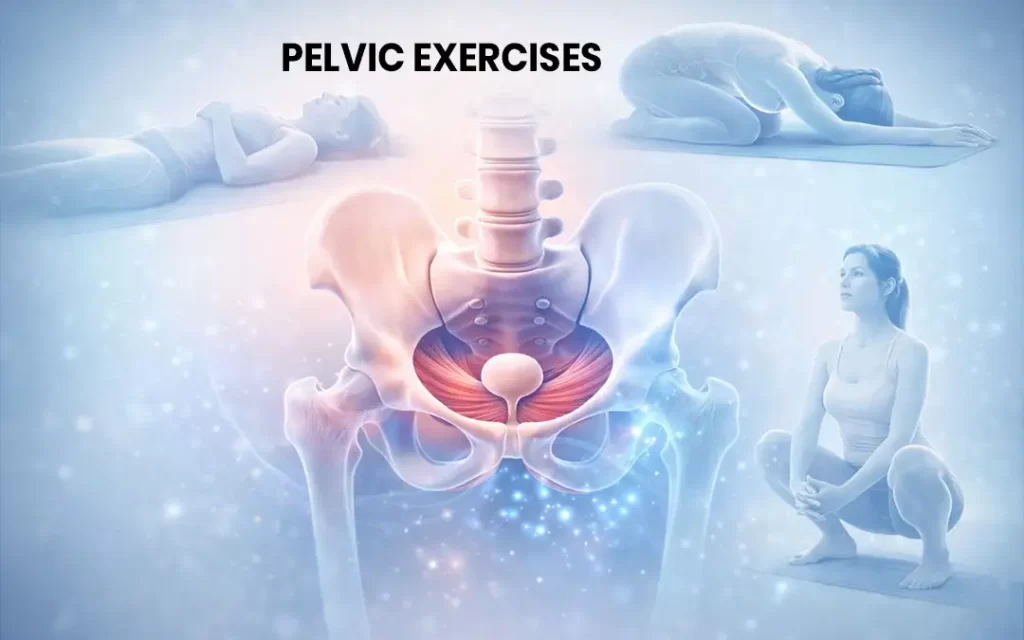
Call Us Now :
9807 55 6789
-
Call Us Now: 9807 55 6789Call Us Now: 9807 55 6789
Home » CHRONIC PAIN AND ITS IMPACT ON MENTAL HEALTH: BREAKING THE CYCLE

Chronic pain afflicts millions worldwide. It is among the most complex and debilitating of medical conditions. For many people, the problem persists long after even the treatment course is over.
CHRONIC PAIN
It is termed as pain lasting for more than three months. Medical specialists in fact call it as a disease in its own right rather than as a symptom of an underlying medical condition.
For many people it becomes not just a physical challenge. But also becomes an emotional and psychological issue. Its impact on mental health can be devastating. They lead to a cycle of constant suffering that can be difficult to break.
Chronic pain is different from acute pain in terms of scope and severity. It is moiré devastating and debilitating. Acute pain is a temporary response to an illness or injury. Chronic pain on other hand, can long after the initial cause is healed or resolved, still persist.
What makes chronic pain different is
Chronic pain for some individuals remains a constant companion. It will stay so with little or no respite from its emotional and physical effect.
Pain inherently is a physical sensation. But it is tied more closely to the person’s brain interpretation and processing of that sensation.
HOW IT WORKS?
These signals in the case of chronic pain persist long after an injury has healed. This often leads to a constant sense of distress.
Chronic pain is according to extensive research studies, linked to differing changes in the brain. The brain could become wired to intensely process pain signals. This results in heightened sensitivity.
Brain’s other regions controlling mood, emotions, and stress, can be impacted by constant barrage of pain. This makes it difficult for the people with chronic pain to regulate their mental health. It is this interplay between physical pain and mental health issues that creates a vicious cycle.
Chronic pain can also lead to varied psychological conditions. Like anxiety, depression, or insomnia. These mental health conditions in turn can make the perception of pain feel more intense. This creates a feedback loop with the person experiencing heightened pain sensitivity with emotional distress.
Individuals often as pain persists over time, feel isolated, hopeless, and powerless. This causes constant discomfort. They in turn can result in feelings of frustration and sadness. Eventually, they lead to clinical depression resulting in the person unable to lead a normal life.
Pain can lead to depression. This can worsen the perception of pain.
Depression is known to increase brain’s sensitivity to pain. This means those who are depressed are more likely to experience pain. They are likely to feel it more intensely than those who do not experience pain.

Chronic pain can also cause anxiety disorders.
Its unpredictability can impact a person’s daily life leaving them feeling anxious about their future.
A heightened sense of worry and stress overcomes a person when constantly confronted by the fear of experiencing more pain. The same is the case with the anxiety of not knowing when relief from pain will come.
Anxiety in certain cases becomes generalized. This leads to panic attacks or agoraphobia. With the individual avoiding situations that can trigger pain.
Chronic pain for some people is often followed by sleep disturbances. It can be either due to the pain itself. Else due to anxiety and depression that stem from the pain.
Poor seep can worsen pain sensitivity and mood disturbances. In some cases, it can be even due to cognitive function. Deprivation of proper sleep in turn can impair the body’s natural pain-relieving mechanisms. This creates a cycle of heightened pain and fatigue.
Better known as ‘’Brain Fog’, it is for those experiencing chronic pain, a major mental health issue.
In cognitive function, there is constant focus on pain. This can impair the person’s concentration and mental clarity. It can also affect their memory. The person as a result of this can find it difficult to complete daily tasks. In many cases, even maintain normal relationships or perform at work or schools. This further contributes to feelings of frustration. The person will feel low with lack of self-confidence.
Chronic pain can create mental health challenges. It can be vice-versa as well. That is, mental health challenges can lead to chronic pain. Depression or anxiety in fact can actually worsen pain experience.
Pain perception system of the brain is highly influenced by emotions and negative emotions. Emotions like fear and sadness. As well as stress, all of which can amplify pain signals.
The brain of a person experiencing anxiety or depression processes pain in a different way. They heighten its intensity. Mental health issues can also lead behavioral changes. That is, changes like reduced physical activity or poor sleep or even unhealthy coping mechanisms like substance abuse. All of which can worsen the physical symptoms of chronic pain.
Individuals with mental health issues will also find it difficult to effectively manage their pain. They may not seek help. Else they could avoid certain treatments due to lack of motivation or hope.
Ultimately, mental toll of chronic pain can cause them to become immune to their condition. They will come to accept pain as a constant and part of their life.
It is not easy to halt the cycle of chronic pain and mental health issues. However, there are several strategies. If properly leveraged, they can help cope with pain. They can also help effectively manage pain as well as emotional distress.
A holistic approach to treat chronic pain is often the most effective way.
Multidisciplinary treatment does not just focus on pain relief. It also addresses the pain’s emotional, physical, ad psychological aspects.
This can include,
There are aside from the above strategies, other approaches that can also be tried.
Like,
Chronic pain is a multi-faceted condition. It affects the body and mind.
The relationship of chronic pain with mental health is complex. Each condition can exacerbate the other.
This cycle of suffering can however be halted with a holistic approach to treatment targeting chronic pain’s physical and psychological aspects.
Chronic pain may not be entirely curable. But with effective strategies, its impact can be reduced. This will help the person lead a fulfilling life despite the challenges pain presents.
Join our mailing list to get updates about our services and procedures or any events and discounts.

Indo-British Advanced Pain Clinic © 2026. All Rights Reserved. Designed & Developed By Adroit
WhatsApp us